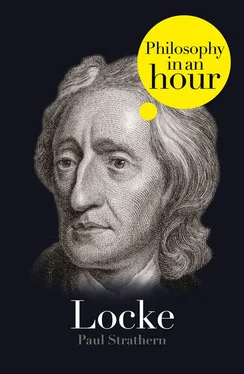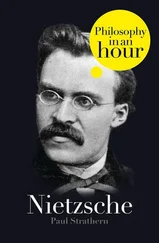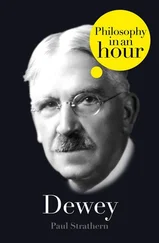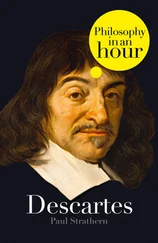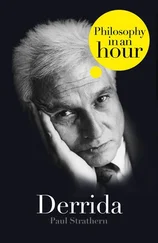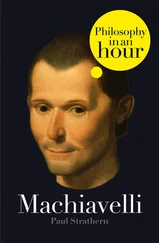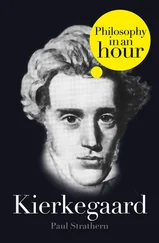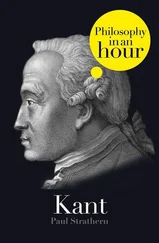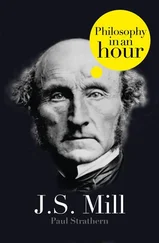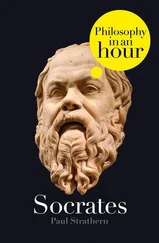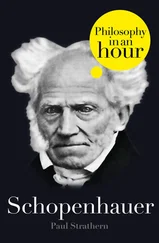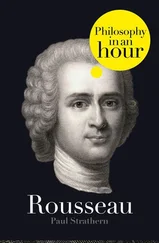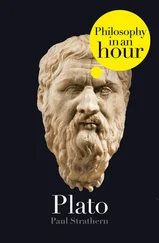“Worthy Sir,
You are not able to imagine with what content and satisfaction I read over your civil and most obliging letter. …
I am sorry to hear that you rode out of your way, and repent with grief that I should be the cause of it, for I assure you that it was my prayers that you might have a happy journey. …”
And so on, ending: “I remain, your cordial friend. …”
Locke replied a week later: “That my returns are not so quick as yours is owing to an impossibility of finding that ecstasy your excellent letter first put me into, for which a week’s time is but little to recover myself.”
Unsurprisingly, not much came of these often prolonged dalliances, which were sometimes daringly conducted with more than one lady at a time.
But Locke may well have been a little disingenuous about the reasons for his weeklong delay in replying to his cordial friend. Despite his poor health, he set himself a heavy schedule and read long into the night.
Ostensibly Locke may have been a lecturer in ancient Greek, but he nonetheless devoted most of his time to scientific studies. Yet, though he theoretically favoured practical experiment, in practice his studies remained purely theoretical.
Science appears to have fulfilled a deep need in Locke. Like his country, he remained divided between the “unreflective adhesion to tradition” of the Royalists and the “enthusiasm” (i.e., unexamined emotional fervor) of the Puritans. Science was Locke’s way out of this dilemma. Here was a subject that relied purely upon experience (rather than tradition), and arrived at its truths through experiment (rather than fervent conviction).
Locke’s reading of rational science eventually led him to the rational philosophy of Descartes. Here at last, at the late age of thirty-four, he discovered his subject. It was Descartes who gave him “a relish of philosophical studies.” The philosophy of Descartes was to have a decisive influence on Locke. Indeed, to this day some French commentators consider him as one of Descartes’s followers. But this is ridiculous – as is shown by Voltaire, who rejected Descartes but was heavily influenced by Locke.
Конец ознакомительного фрагмента.
Текст предоставлен ООО «ЛитРес».
Прочитайте эту книгу целиком, купив полную легальную версию на ЛитРес.
Безопасно оплатить книгу можно банковской картой Visa, MasterCard, Maestro, со счета мобильного телефона, с платежного терминала, в салоне МТС или Связной, через PayPal, WebMoney, Яндекс.Деньги, QIWI Кошелек, бонусными картами или другим удобным Вам способом.
